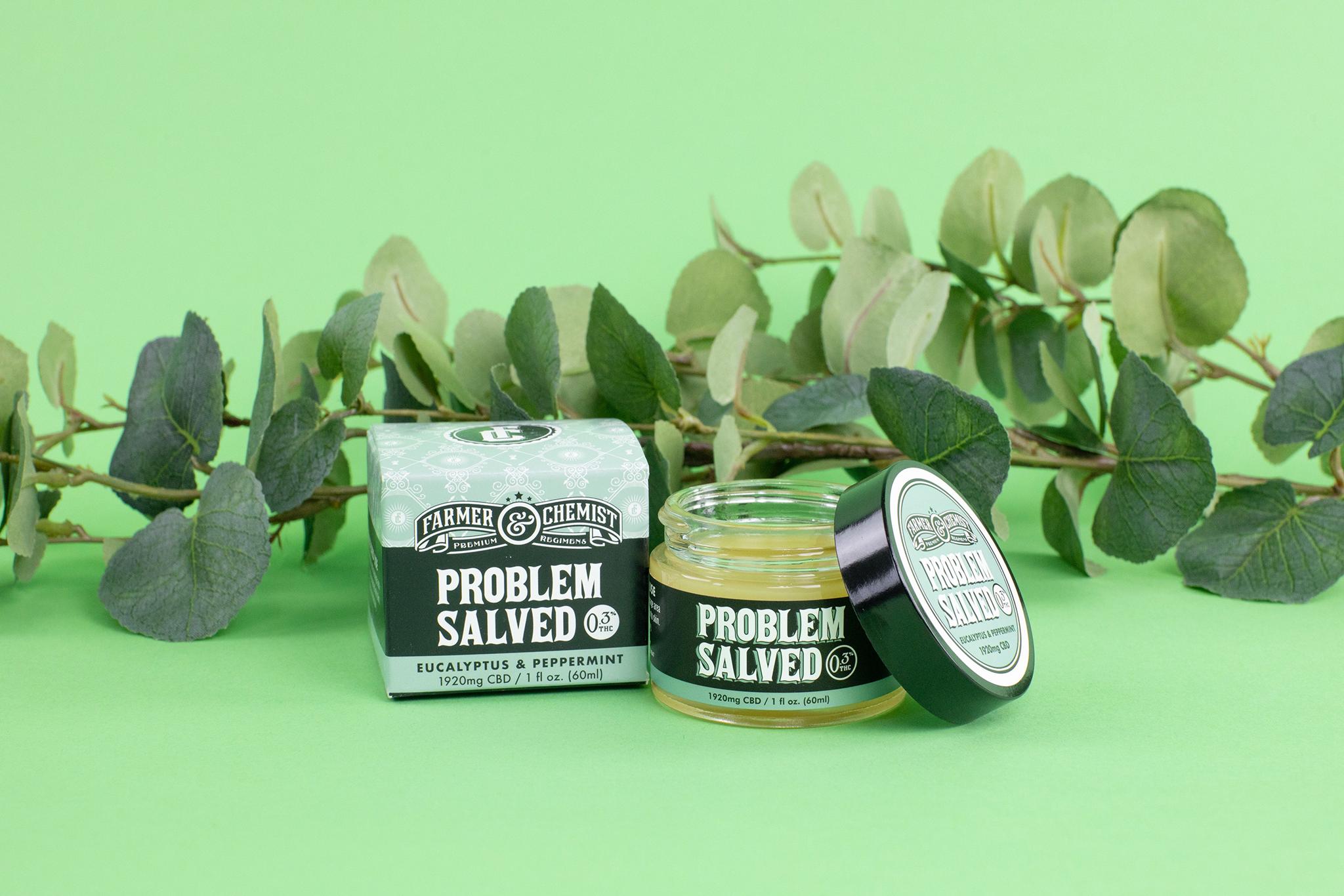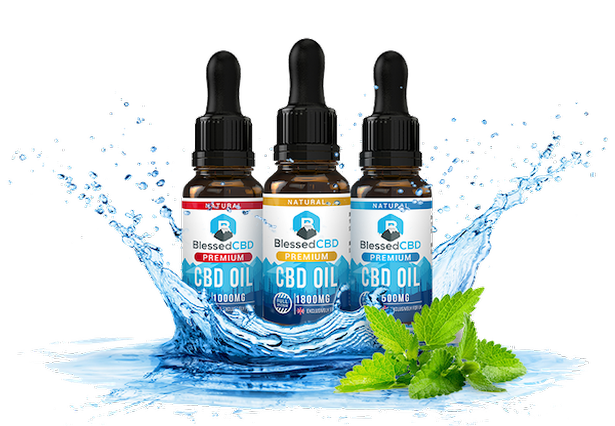
While hemp-derived CBD may contain some cannabinoids. However, cannabis is a whole flower with a wider range of terpene profiles. This creates an entourage effect. It means that all compounds in marijuana interact to bring additional benefits. Consequently, many cannabis experts claim that whole-plant extracts have greater therapeutic potential. These beneficial compounds are found in hemp, but it is possible to make a full-spectrum hemp CBD extract.
FD&C Act affects legality of hemp derived cbd
The FDA must approve any substance, including hemp-derived CBD, that is added to food. The FDA is cautious in its approach to CBD regulation. It approved Epidiolex(r), which is a CBD-derived pharmaceutical, as a medication. Despite three products being GRAS-certified, it has not approved any CBD-derived hemp-based products.
The US Farm Bill does not remove key regulatory structures. The FDA remains in control of hemp products, as per the Food, Drug and Cosmetics Act. Shortly after the Farm Bill was passed, the FDA issued a statement. Scott Gottlieb, Commissioner wrote that FDA is concerned at the possibility for unauthorized claims about products that were not approved by them.

Potency of hemp derived cbd
Hemp-derived CBD comes from industrial hemp. This is a plant that's grown for its seeds and fiber. Industrial hemp plants do not contain high levels of the psychoactive ingredient, THC, unlike marijuana plants. The 2018 Farm Bill stipulates that hemp plants should contain less than 0.3% of THC. That means hemp products can help treat a variety of ailments. Here are some of the ways hemp products can treat your condition.
Hemp derived CBD is often more potent than marijuana-derived CBD. This is because hemp and marijuana have different levels of THC. You should begin with a product that has a low CBD content and gradually increase it as you see improvement. It is also important to consider the source of CBD. A poor source can lead to contaminated products.
Cannabinoids and terpenes content
The cannabis plant contains a wide range of terpenes and cannabinoids, which can vary in concentration. The effects of CBD can vary depending on the strain. Researchers found CBD could be transferred to the EO of one strain while others found CBD remained in the biomass. Although the biomass does not have an aroma, the volatile Terpenes from it can be extracted and used to make various products.
The extraction of hemp-derived CBD CBD requires distillation. This produces both the terpenes, and cannabinoids. By decarboxylation, cannabinoids can be improved during distillation.

Getting rid of hemp derived cbd
If you are in the market for a CBD product, you might be concerned about the legal status of hemp-derived CBD. The 2014 Farm Bill set out guidelines for growing hemp in the US. The 2014 Farm Bill stipulates that hemp plants should not exceed 0.3% THC. They must also be grown by a licensed farmer. Although CBD is not explicitly mentioned in this law, there are many CBD-rich products available.
Make sure you read all labels before purchasing CBD products. Some products contain traces of contaminants, including heavy metals and pesticides. Make sure the hemp used to produce the product was grown without chemical pesticides and has been tested by a third party. Then you can be sure that you are getting a quality CBD product that won't cause you to get high.
FAQ
What are the best ways to use CBD?
CBD can be used as an alternative to anxiety treatment. It can be used to treat pain, insomnia and epilepsy as well as inflammation, depression, and many other conditions.
There are many ways you can consume CBD. CBD can be consumed in many ways.
There are many benefits to consuming CBD. It has been proven to ease chronic pain, PTSD and anxiety.
What are some common mistakes that companies make when they enter the US cannabinoid market?
Not understanding the regulations for cannabis products is a first mistake. This could be a sign that your product formulation needs to be changed.
Another mistake is not being able to correctly label your product. You need to know if your product contains THC, CBD, or both.
The third is how to package your product correctly. You must make sure that your product contains THC.
If your product is not containing THC, then it's important to follow all packaging regulations. There are many states that cannabidiol or CBD is legal.
Keep track of any recalls regarding your products. If your product is defective, you should notify customers immediately.
Is the CBD market growing?
The answer is yes The answer is yes! Legalization will continue to spread across North America, and this growth will continue. This year alone, Canada legalized recreational cannabis use, while several states have passed medical marijuana laws.
As more states legalize medicinal marijuana, this trend will likely continue for at minimum a decade.
Legalizing marijuana is also a good economic decision. Legalizing pot offers many benefits beyond providing a lucrative market alternative for farmers.
It could, for example, help lower crime rates by decreasing the availability of illegal drug. It could also provide a source of tax revenue for governments.
As legal weed becomes more popular, many people will choose to reduce their alcohol consumption. This would reduce the likelihood of having hangovers. It also means lower healthcare costs.
Patients with chronic pain might find that marijuana actually helps to improve their quality-of-life. Many people believe that THC, the active ingredient in marijuana can relieve nausea and muscle spasms caused by chemotherapy.
It is possible that marijuana could be used to treat mental disorders such as anxiety or depression. In fact, some studies suggest that marijuana can even treat schizophrenia.
Even though the CBD sector looks bright, there are still many challenges.
Can CBD have a future in medicine?
The answer is yes. But not because of its medical benefits but rather due to its ability to help people feel better without getting high.
It doesn't make any difference to your feelings when you use it, making it an ideal alternative to prescription medication.
There is ample evidence to support the claims that cannabis can relieve pain, anxiety, depression, insomnia, among other conditions.
Cannabis also contains cannabinoids which interact with receptors in our brains. This interaction results in feelings of relaxation as well as well-being.
If you are interested in cannabidiol oil (CBD) for your health, it is important to know what it is and how it affects you.
How can CBD products be successfully promoted by companies in a regulatory-compliant way?
The FDA does not regulate hemp for its agricultural commodities. The Controlled Substances Act regulates all cannabis derivatives, including marijuana. CBD has yet to be subject to specific regulations.
CBD is legal in 29 states. However, federal law still considers CBD illegal. Businesses looking to sell CBD products are left in uncertainty.
The FDA has strict guidelines regarding how CBD products can be promoted. For example, they must clearly disclose any product's THC content. Without scientific evidence, companies cannot claim CBD treats certain medical conditions.
Further, the FDA requires that manufacturers provide information on manufacturing practices and quality controls. Companies are also required to participate in clinical trials in order to demonstrate safety and efficacy.
When developing their own marketing strategies, companies should take into account these points.
Is there any evidence CBD has anxiety-reducing properties?
CBD oil is an effective treatment for anxiety. This happens because it interacts to certain brain receptors called CB1 (and CB2), respectively. The mood and stress responses are controlled by the endocannabinoid system.
When we feel anxious, our bodies release chemicals that activate the CB1 receptor. This receptor triggers the amygdala and is responsible to emotional processing.
When the CB1 receptor is blocked, the amygdala doesn't receive the signal to process emotions. CBD users report less negative feelings.
In 2017, a study showed that CBD can reduce anxiety in people with social phobia. Another study concluded that CBD had a positive effect on symptoms of PTSD.
A 2018 study concluded that CBD can be used to treat anxiety disorders and anxiolytic effects.
Another study indicated that CBD might help reduce panic attacks.
However, several studies have shown that CBD actually increases anxiety levels in mice.
The discrepancy found between the animal results and human data might be due to differences of how CBD affects humans and animals.
CBD is not subject to any long-term safety tests. However, most experts agree that CBD is safe when used as directed.
Where can I purchase CBD products?
CBD can be purchased online and at local retailers. Online retailers are more likely to offer you better deals. Many websites sell CBD products containing industrial hemp.
Look for local businesses that sell CBD products.
Many states now allow CBD products to sold without a prescription. If you live in one of those states, you may be able to buy CBD products at your local pharmacy.
CBD products might even be delivered directly at your doorstep.
Statistics
- A recent study [161] also found that in vitro CBD treatment (i.e., ≤ 2 h exposure to 10 μM) induced ~40% vasorelaxation in isolated (pre-constricted) (ncbi.nlm.nih.gov)
- however, one study also found that these effects were virtually abolished when the original media (a nutrient broth agar) was replaced with one containing 5% blood (increasing the minimum concentration to ~160 μM CBD) [179]. (ncbi.nlm.nih.gov)
- The inhibition of FAAH is predicted to lead to an increase in brain and plasma concentrations of AEA, which acts as a partial agonist at CB1R and CB2R, thereby increasing endocannabinoid tone [92, 110]. (ncbi.nlm.nih.gov)
- While the primary injury may not be treatable, interventions that attenuate secondary sequelae are likely to be of benefit [203].Only one study (ncbi.nlm.nih.gov)
- As a substance that was federally illegal before the passage of the 2018 Farm Bill, hemp-derived cannabinoids with no more than 0.3% THC still face a regulatory grey area. (forbes.com)
External Links
How To
How to become certified for selling CBD products
CBD (cannabidiol), a cannabinoid found in cannabis plants, is just one of the many. It's been used medicinally throughout history, including traditionally in China, India, and many South American countries. Its ability to treat anxiety, pain and epilepsy has led to it becoming increasingly popular in recent years. But if you want to start selling CBD products, there's no official certification program available yet -- at least not in the U.S. That means anyone who wants to make money off their own line of CBD products has to rely on the "unofficial" process of self-certification.
You have two options. The first way is to join an association of local cannabusiness owners. You can get support and advice from other members while learning from them. There are many associations in the country. Second, you can go online. The majority of states allow cannabusinesses to be online. If this is the case, then you can establish your own website immediately and start accepting orders. You must register with the Department of Public Health in your state. Once you've registered, you'll be able to apply for a license through your state's department of public health. After receiving your license, you are legally allowed to open a store and start accepting orders.